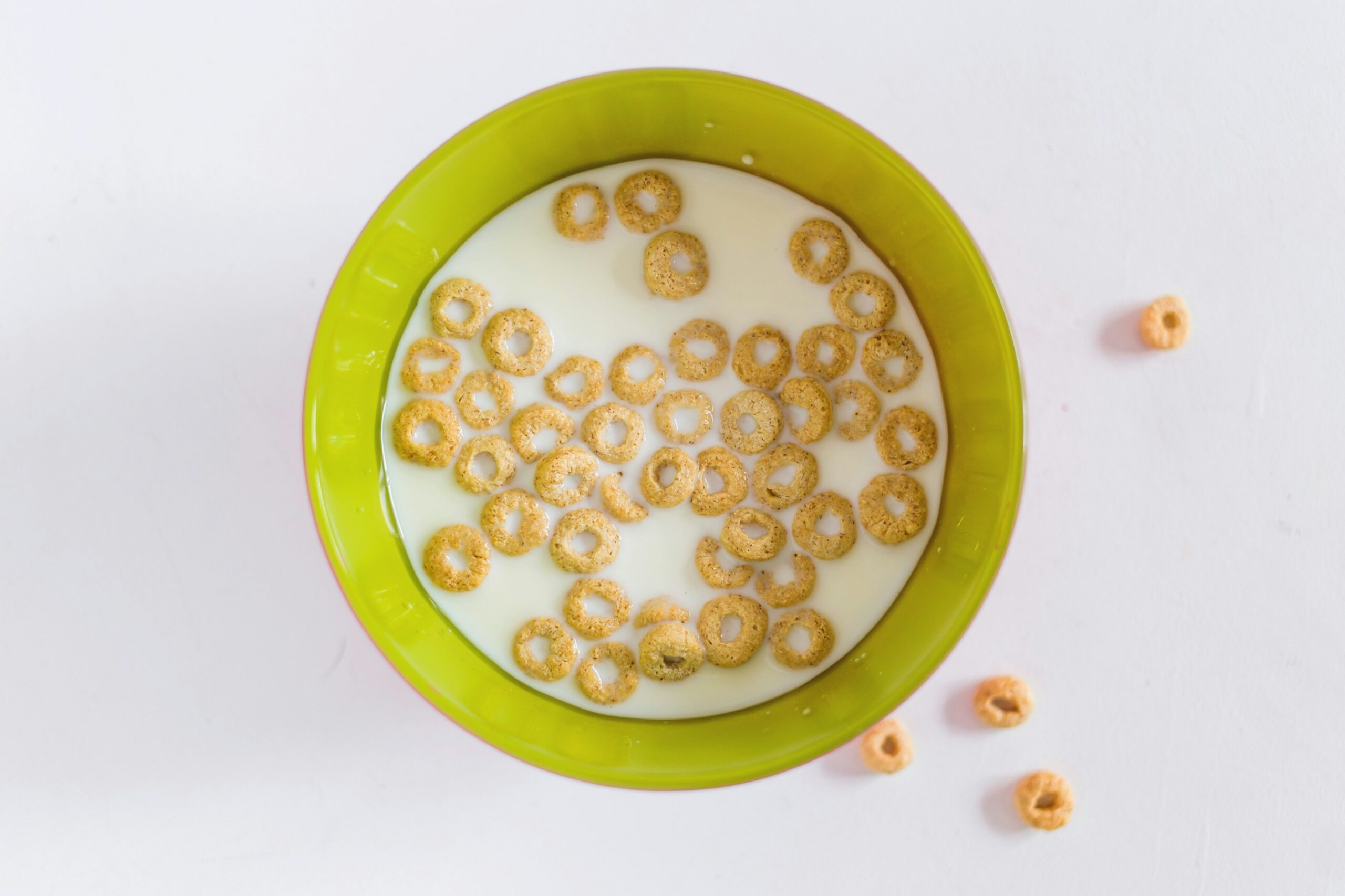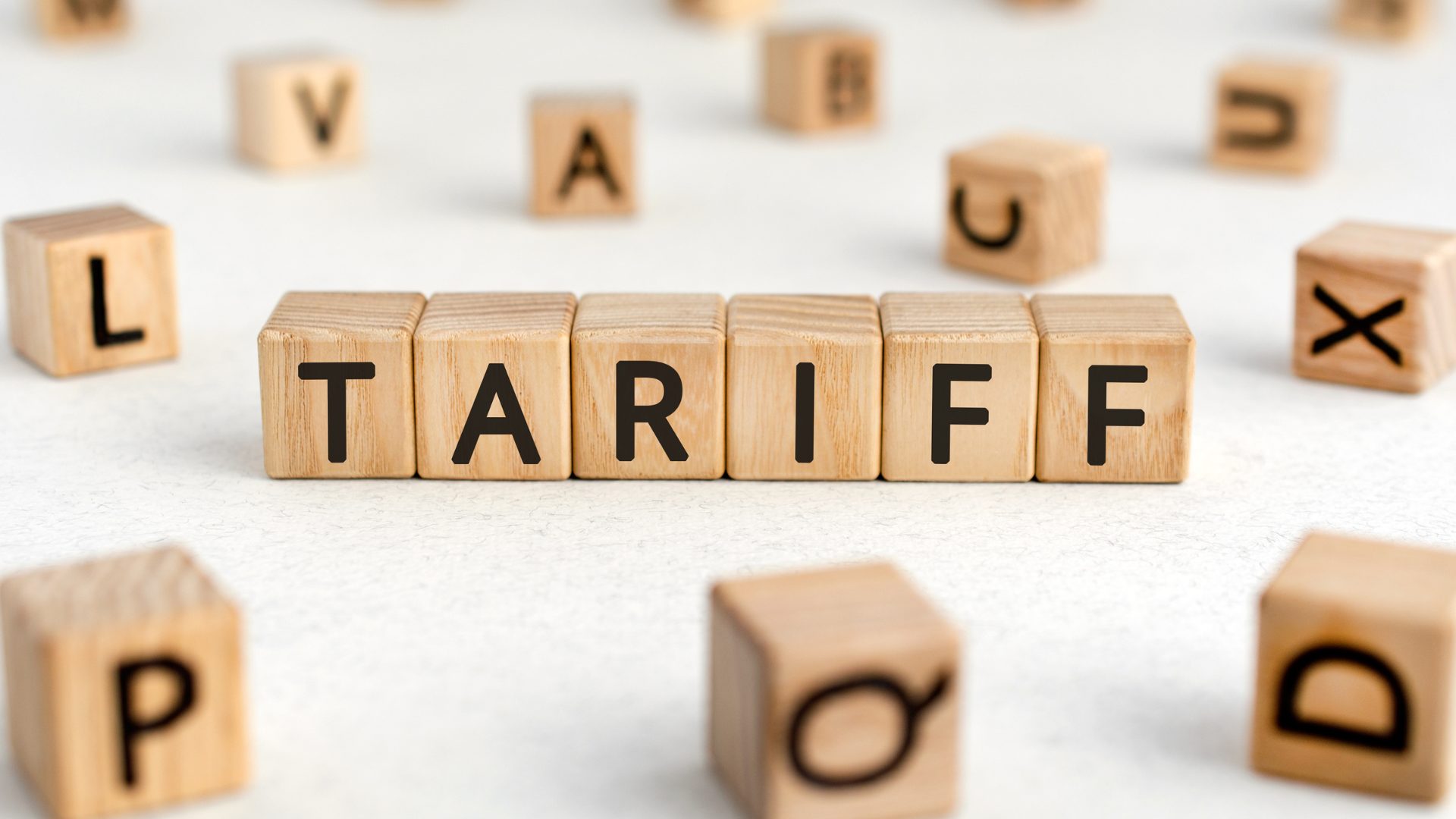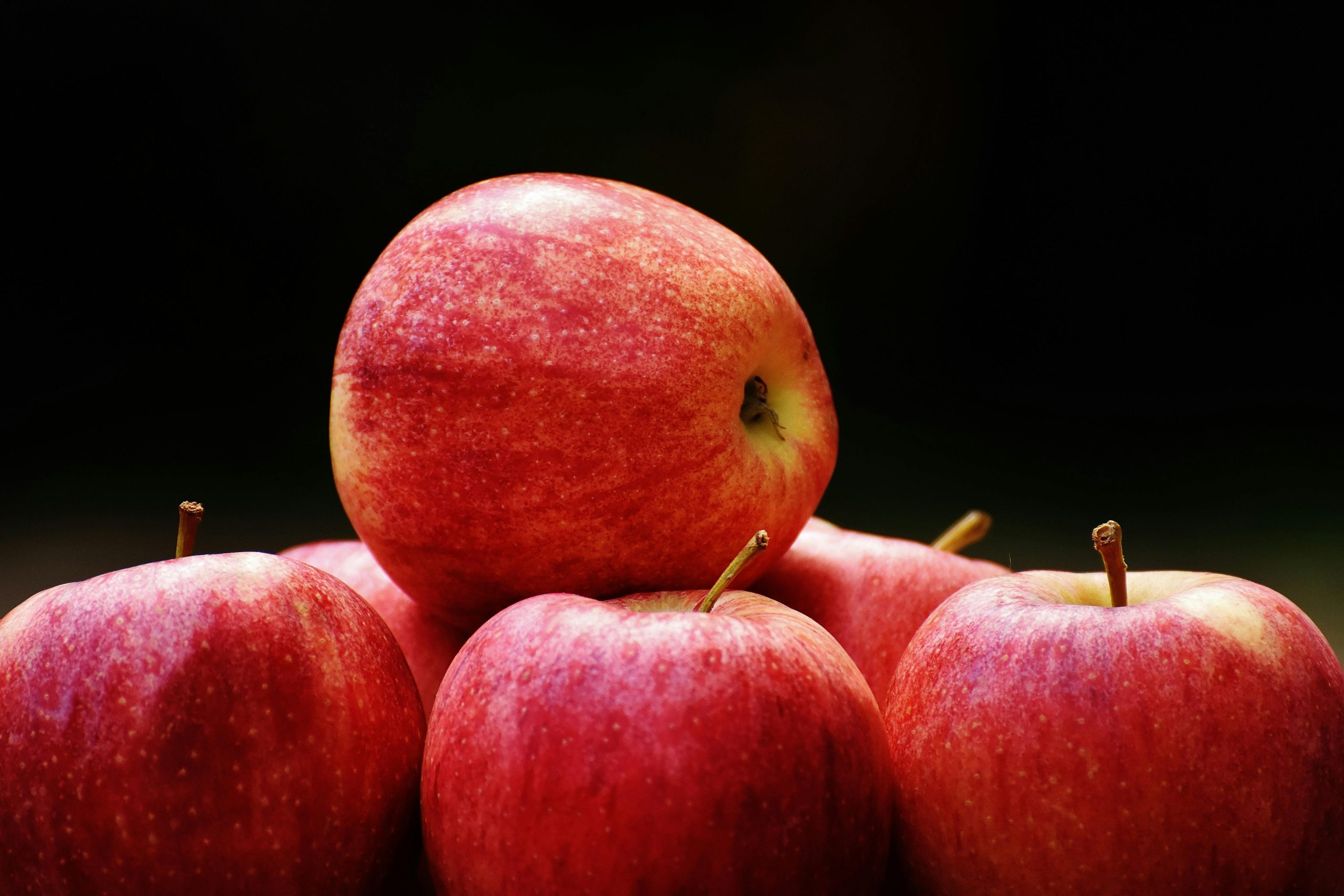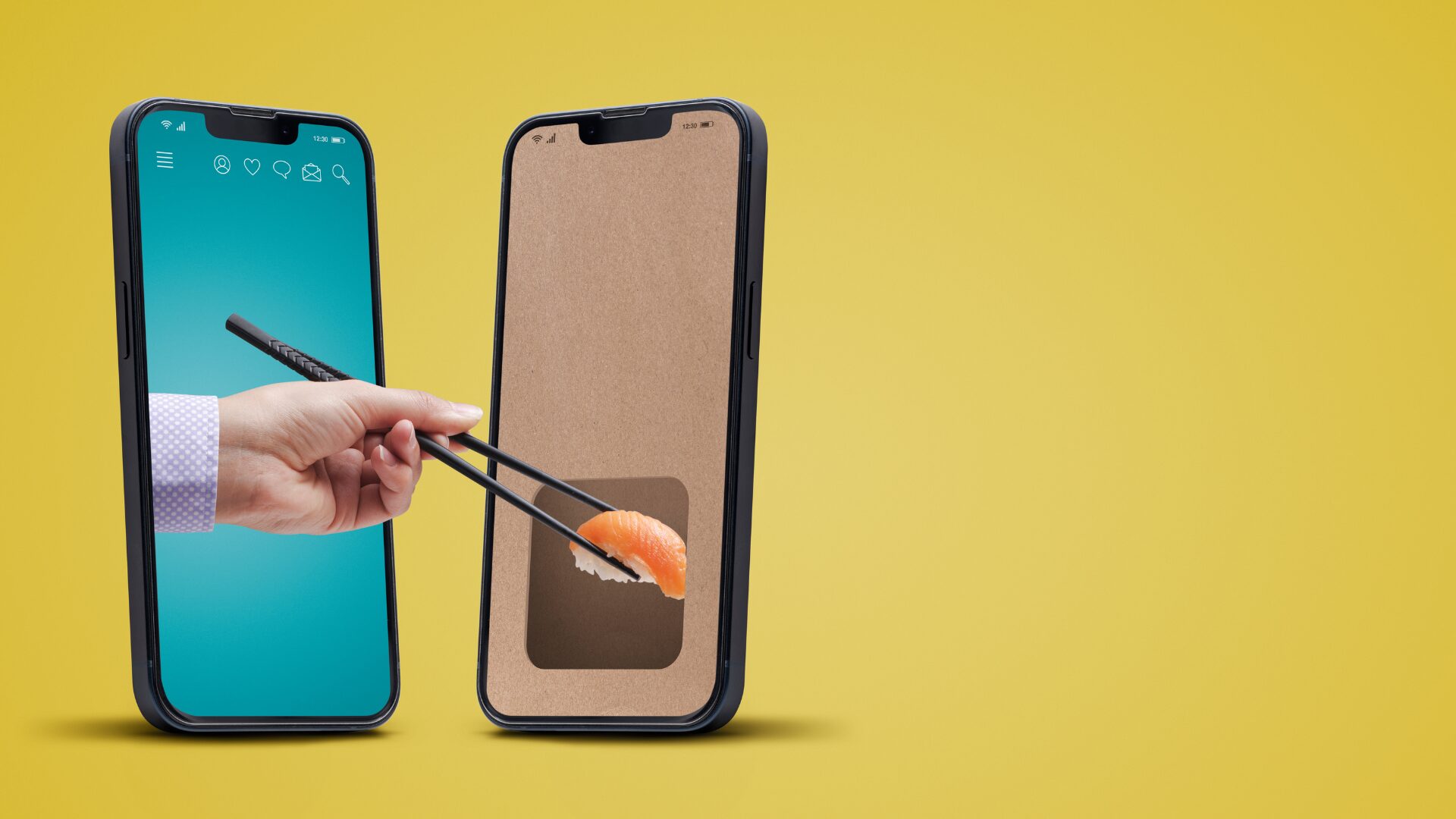Even for a $7 discount, people still aren’t buying Magic Spoon cereal. At least that’s what a recent viral photo would have you believe.
Magic Spoon launched grain-free cereals online in 2019. In 2022, Magic Spoon cereal received $85 million in Series B funding and seemed to be the next big thing, according to an article from The Spoon. That money led to a large expansion into retail stores, which put Magic Spoon on the shelves of Costco, Target, and Walmart. This all seems great, but the early hype and excitement for the nostalgic, better-for-you cereal seems to have died down, according to its recent appearance in a clearance bin at Sprouts.
What seems to be the issue? Where did Magic Spoon go wrong, or was it simply destined to fail? The Food Institute examines a few possibilities.
Astronomical Price
One of the biggest downfalls could be the price of the cereal. Most people are not willing to pay roughly three times more for an easily replaceable breakfast staple.
Not So-Healthy, Not So-Tasty
Sure, it’s sugar free, but it may not actually be that good for you. According to Dr. Eric Berg, author of The Healthy Keto Plan, he wouldn’t buy Magic Spoon brand because it’s just the keto version of junk food.
“If you study the label of Magic Spoon cereals, the protein source is commercial conventional milk proteins (low quality), seed oils (inflammatory fats), and tapioca starch (hidden synthetic starch – not keto friendly). Then you get to the ‘bioengineered food ingredient’ AKA – hidden GMO ingredient,” Dr. Berg told The Food Institute.
And if it’s not that good for you, it better taste great for that price. Some would argue that sugar-free just doesn’t taste as good.
Low Demand
Magic Spoon is a very niche item and there’s not a huge market for it. While some people may have bought it to try it during the pandemic once or twice, chances are there’s not a large number of people that have it on their weekly grocery list.
“The demand for low-quality keto products is not high, so they are forced to constantly create demand – an expensive endeavor,” Dr. Berg told The Food Institute. “So their expansion is driven by expensive advertising resulting in low margins, low profits, which is not sustainable.”
The End for Magic Spoon?
Dr. Berg says that Magic Spoon’s use of a venture capitalist company to tap into large social media creators to sell to a younger crowd is a good idea but not a long-term strategy because he doesn’t believe the quality of the product is up to snuff.
“If they instead changed the ingredients and got support from the keto community, not only would they grow, but may have long-term success,” Dr. Berg says.
Changing the ingredients to make it healthier would create more favor amongst keto influencers, Dr. Berg says, which could create a larger following and create more demand.
The Food Institute Podcast
From lattes to chicken sandwiches to desserts, it seems every restaurant is hopping on the limited-time offer (LTO) craze to drive traffic and check growth. But is this really having the desired effect? Datassential vice president of sales Megan Lynberg discusses the historical data on LTOs, popular LTO items, and other strategies companies are using to inspire growth.











